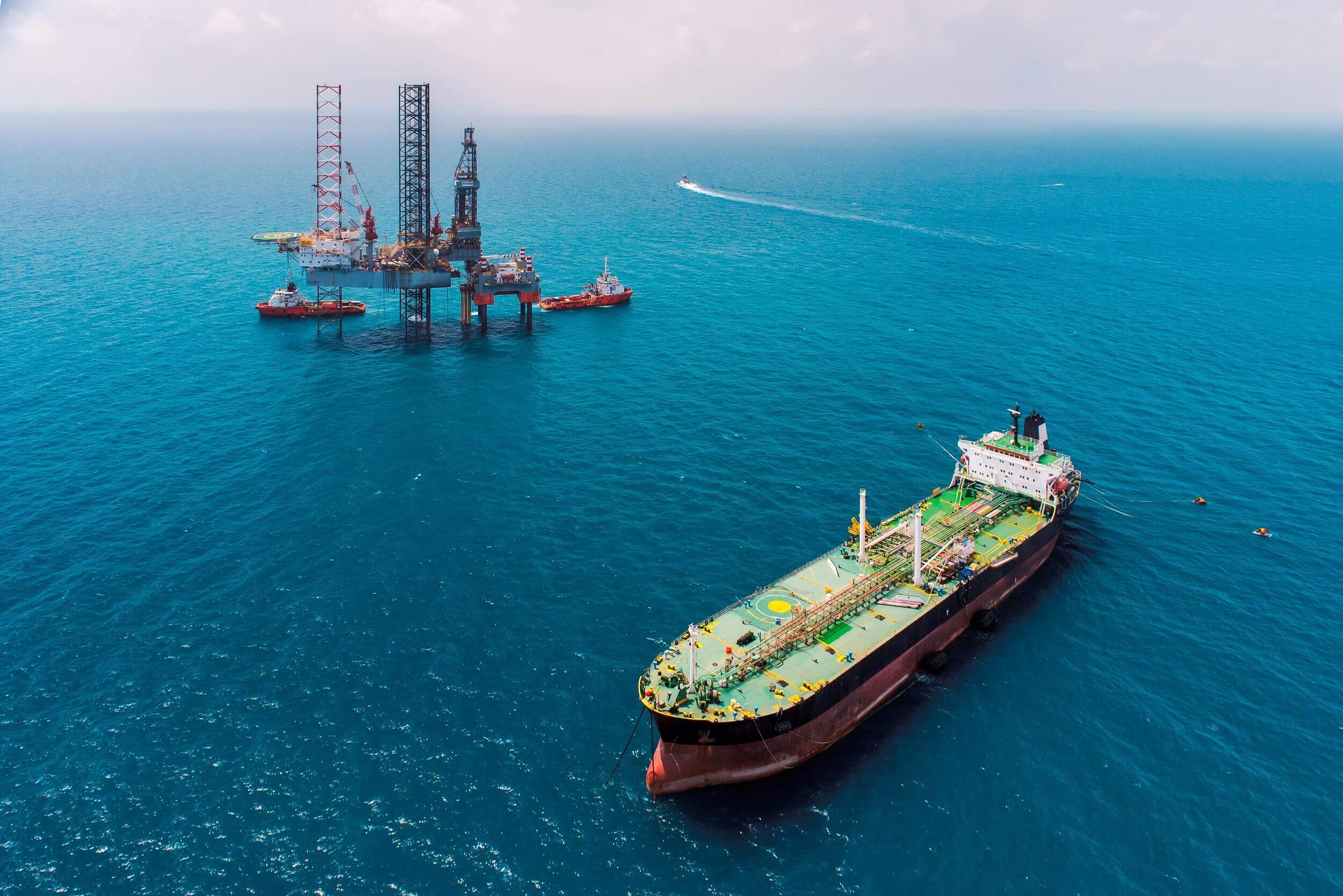QA/QC Manager
Develop, implement, and maintain the Project Quality Management System (QMS) in accordance with ISO 9001 and project specifications.Lead and manage all QA/QC activities across engineering, procurement, construction, fabrication, installation, and commissioning phases.Ensure full compliance with class, statutory, client, and regulatory requirements (e.g. ABS, DNV, BV, LR).Review and approve Inspection & Test Plans (ITPs), quality procedures, method statements, and inspection records.Plan, coordinate, and lead internal and external audits, including vendor and subcontractor audits.Manage Non-Conformance Reports (NCRs), including root cause analysis and implementation of corrective and preventive actions.Liaise with project teams, contractors, shipyards, and third-party inspectors to resolve quality-related issues.Monitor and assess vendor quality performance during procurement, fabrication, and testing activities.Prepare and present regular quality status reports to project management and key stakeholders.Support project handover, certification, and quality close-out documentation.RequirementsDegree in Engineering or equivalent technical discipline.Minimum 10 years of QA/QC experience, preferably in LNG, offshore, FPSO, marine, or shipyard projects.Proven experience in a QA/QC Manager or Lead QA/QC role on major EPC or offshore projects.Strong knowledge of ISO 9001, project quality systems, and audit processes.Familiarity with LNG facilities, topsides, hull, marine systems, and commissioning quality requirements.Experience working with EPC contractors, shipyards, and operators.ISO 9001 Lead Auditor certification is highly preferred.Strong leadership, stakeholder management, and communication skills.Willingness to travel or work offshore / yard-based as required by the project.We regret that only shortlisted candidates will be notified.Brunel International S.E.A Pte. Ltd.UEN No: 199603098REA License No: 16S8067Shahidan Yusof - R1658969
